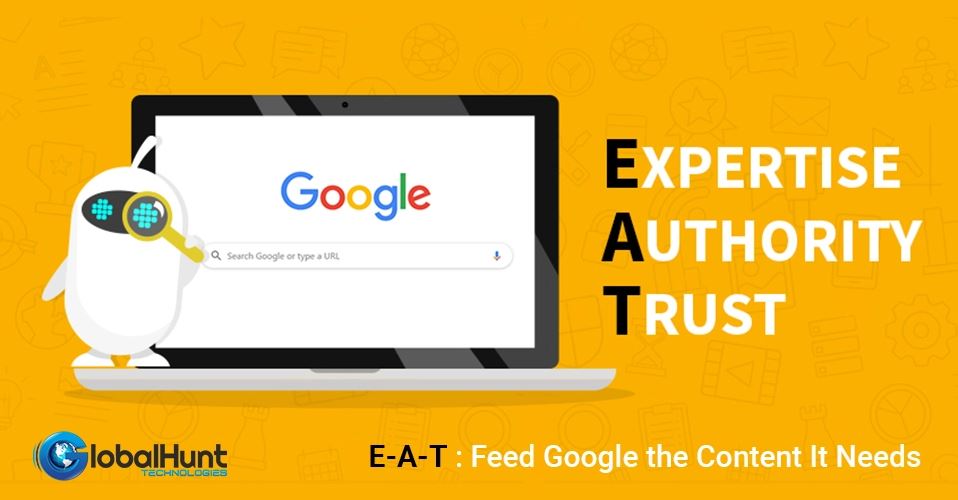In the ever-evolving world of digital marketing, ensuring that your website ranks high in search engine results is crucial to the success of your business. One of the key factors in achieving this is the quality of your website’s content, which is where E-A-T comes into play. E-A-T stands for Expertise, Authority, and Trustworthiness, and it is the criteria that Google uses to assess the quality of your website’s content. In this article, we will discuss how to evaluate your website’s E-A-T using a comprehensive checklist to help you succeed in the digital Arab world.
What is E-A-T and Why is it Important?
E-A-T is an acronym for Expertise, Authority, and Trustworthiness, which are the three criteria that Google uses to evaluate the quality of a website’s content. It was introduced in the Google Search Quality Evaluator Guidelines in 2014, and has since become a crucial factor in determining the ranking of a website in search engine results pages (SERPs). E-A-T is important because it helps search engines to provide their users with accurate and relevant information, which in turn improves the user experience and helps to establish trust in the search engine. If your website has a high E-A-T score, it is more likely to rank higher in search engine results pages, which can lead to increased traffic, leads, and sales.
The E-A-T Checklist
Now that we understand the importance of E-A-T, let’s take a look at the checklist you can use to evaluate your website’s E-A-T.
Expertise
Expertise refers to the knowledge and skill of the content creator, as well as the accuracy and relevance of the content. To evaluate your website’s expertise, consider the following:
- Is the content on your website accurate and up-to-date?
- Does your content reflect a high level of knowledge and skill in the topic area?
- Is your content written by experts in the field?
- Are there any inaccuracies or outdated information on your website?
- Does your website link to reputable sources to support its claims?
By ensuring that your website’s content reflects a high level of expertise, you can improve its E-A-T score and increase its chances of ranking higher in search engine results pages.
Authority
Authority refers to the reputation and influence of your website within your industry or niche. To evaluate your website’s authority, consider the following:
- Does your website have a strong online presence, including a social media presence?
- Are there other websites linking to your website as a source of authoritative information?
- Are you cited or quoted as an expert in your field by other websites or publications?
- Is your website regularly updated with fresh, relevant content?
By establishing your website as a trusted authority in your industry or niche, you can improve its E-A-T score and increase its chances of ranking higher in search engine results pages.
Trustworthiness
Trustworthiness refers to the reliability and credibility of your website and its content. To evaluate your website’s trustworthiness, consider the following:
- Does your website have a secure HTTPS connection?
- Does your website have a privacy policy and terms of service?
- Is your website transparent about its ownership and contact information?
- Does your website have positive reviews or testimonials from satisfied customers or clients?
- Is your website free from spelling and grammar errors or other signs of unprofessionalism?
By establishing your website as a trustworthy source of information, you can improve its E-A-T score and increase its chances of ranking higher in search engine results pages.
Conclusion
Evaluating your website’s E-A-T is crucial to its success in the digital Arab world. By ensuring that your website’s content reflects a high level of expertise, authority, and trustworthiness, you can improve its chances of ranking higher in search engine results pages, which can lead to increased traffic, leads, and sales for your business.
To summarize, the E-A-T checklist for evaluating your website’s content includes assessing its expertise, authority, and trustworthiness. By ensuring that your content reflects a high level of knowledge and skill, establishing your website as a trusted authority in your industry, and establishing your website as a reliable and credible source of information, you can improve its E-A-T score and increase its chances of ranking higher in search engine results pages.
In conclusion, optimizing your website’s E-A-T is an important aspect of digital marketing in the Arab world. By following the checklist provided in this article, you can improve your website’s E-A-T score, which can lead to increased visibility and success for your business.
FAQs
What is the E-A-T score and how is it calculated?
The E-A-T score is not a specific number assigned to a website, but rather a general assessment of its expertise, authority, and trustworthiness. It is evaluated by search engine algorithms and human quality raters.
Can a website with low E-A-T score still rank high in search engine results pages?
Yes, it is possible for a website with low E-A-T score to rank high in search engine results pages, especially if there are few other websites competing for the same keywords or if the website has a high level of engagement from its audience.
What are some strategies for improving a website’s E-A-T score?
Some strategies for improving a website’s E-A-T score include creating high-quality, informative content, establishing the website as an authority in its industry or niche, and ensuring that the website is secure, transparent, and professional.
Does E-A-T only apply to websites in the Arab world?
No, E-A-T is an important factor in search engine ranking algorithms worldwide, not just in the Arab world.
How frequently should I evaluate my website’s E-A-T score?
It is recommended to evaluate your website’s E-A-T score on a regular basis, such as every six months to a year, to ensure that it is up-to-date and reflective of the current state of your website and industry.


